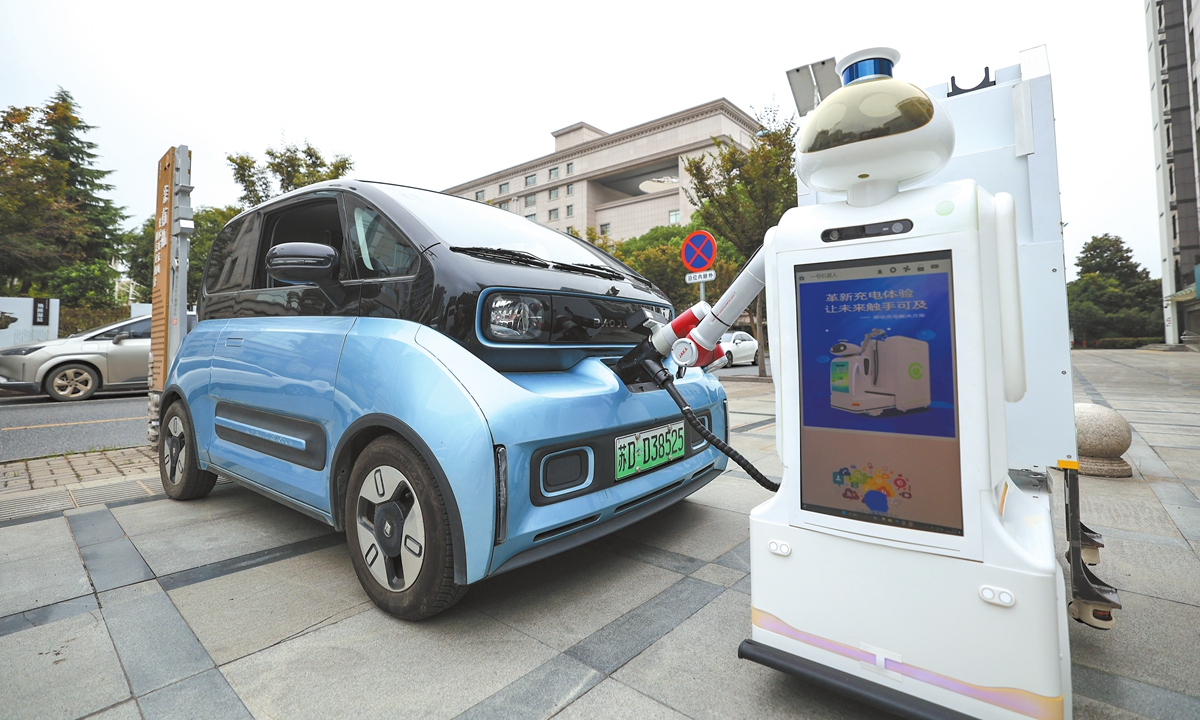Waymo introduces teen accounts for autonomous rides

Waymo's recent initiative to offer accounts for teenagers aged 14 to 17 marks a significant moment in autonomous vehicle adoption, particularly as the industry faces increasing pressures to enhance ridership and monetization strategies. Given the growing public curiosity surrounding the safety and efficacy of driverless technology, this development taps into a previously unexplored demographic—teenagers—transforming the dynamics of urban mobility.
By allowing teens to hail fully autonomous rides with parent supervision, Waymo is not only expanding its market but also addressing barriers that have long prevented younger individuals from accessing ride-hailing services. With more than 250,000 paid rides per week in its current markets, Waymo's strategic decision aims to drive growth amid fierce competition from legacy services and other new entrants in the autonomous sector. This expansion is crucial as Alphabet, Waymo's parent company, seeks to harness revenue from artificial intelligence applications against a backdrop of economic headwinds and increasing scrutiny from regulators.
However, this path is fraught with challenges and potential risks. The expansion to a younger demographic can lead to unintended consequences, such as increased scrutiny over the safety records of autonomous vehicles operated by minors. Historical precedents suggest that rapid technological advancements often provoke public skepticism—reminiscent of the early days of ridesharing services, where consumer trust was a significant hurdle. Moreover, how will Waymo's strategy resonate with stakeholders such as parents, regulators, and insurance companies? These groups may harbor concerns about liability and safety, which can influence the broader acceptance of driverless technology. As Waymo embraces this new frontier, the company must rigorously address these issues by implementing robust safety protocols and transparent communication with stakeholders.
Read These Next

China June passenger car sales surge to 2084 million units
China's passenger car sales hit 2.084 million in June, boosted by government support and strong new-energy vehicle demand.

Southbound Capital Purchases Surpass HK$6 Billion as of July 8
Net purchases via Southbound Connect exceed HK$6 billion, indicating strong mainland investor confidence in Hong Kong's market.

Yiwu Marketplace Highlights China's Strong Exports in H1
Yiwu market shows strong export resilience amid U.S. tariffs, reports growth and optimism for trade in the year's second half.
